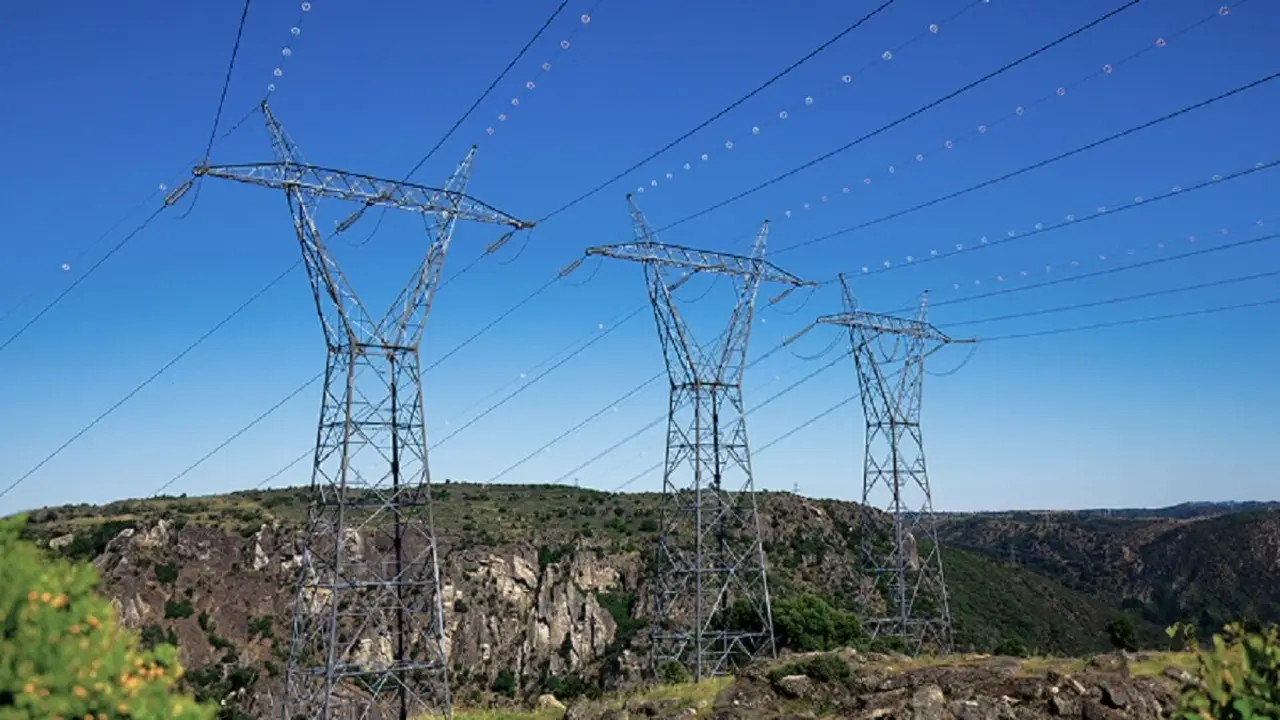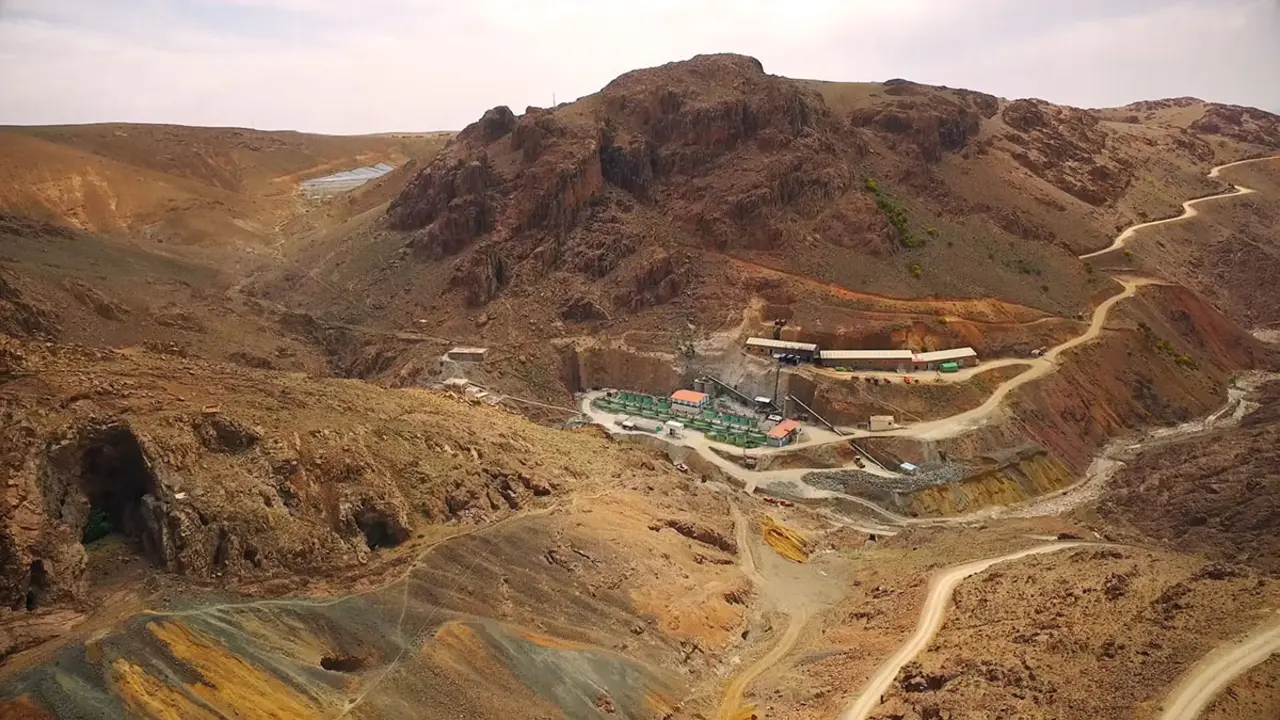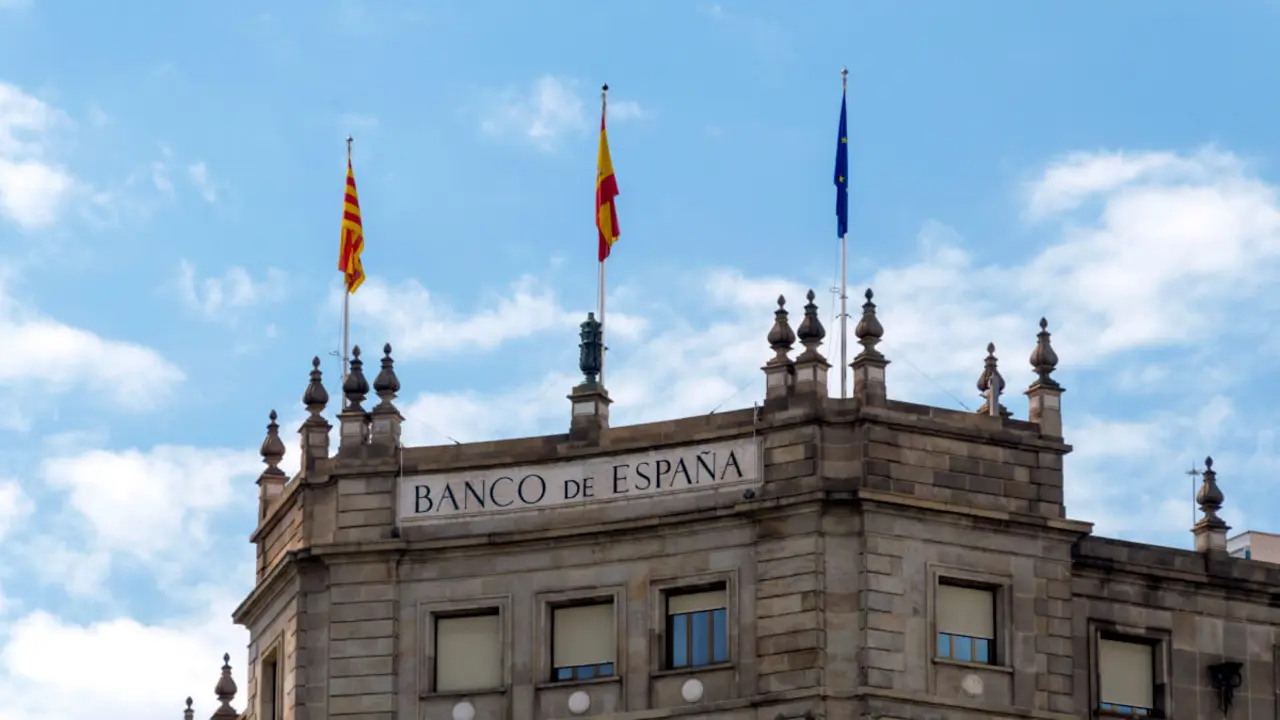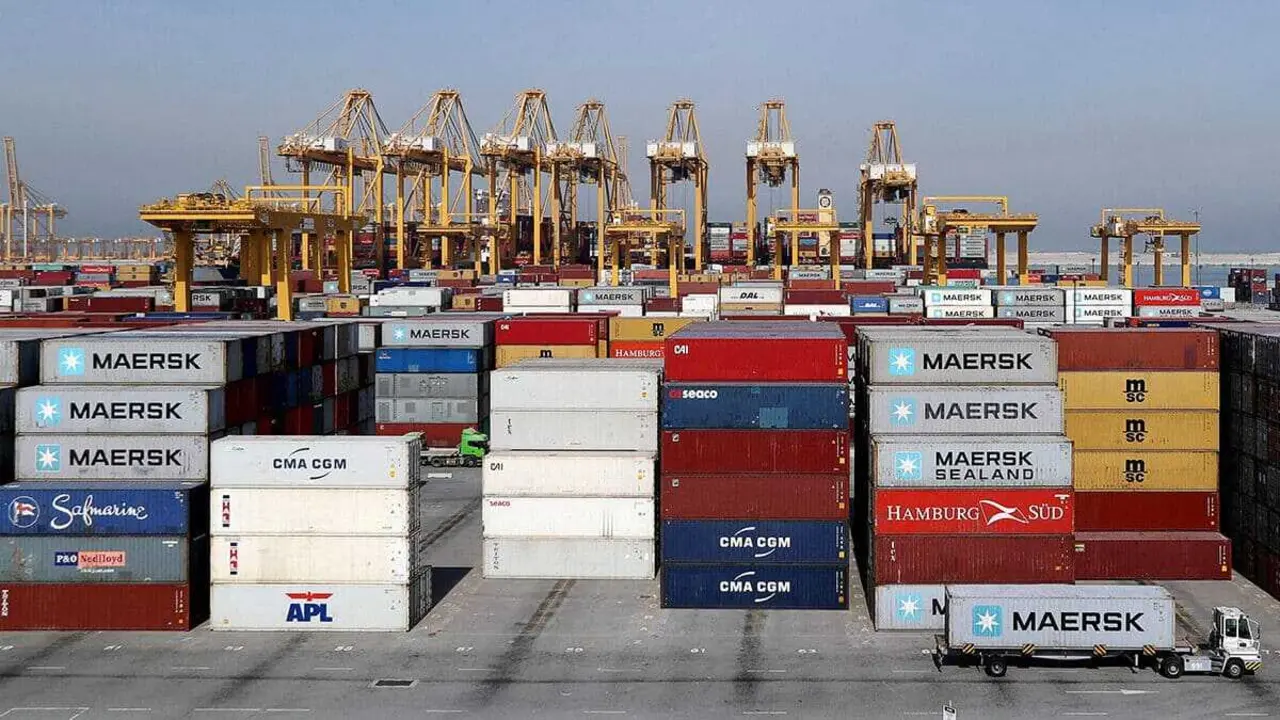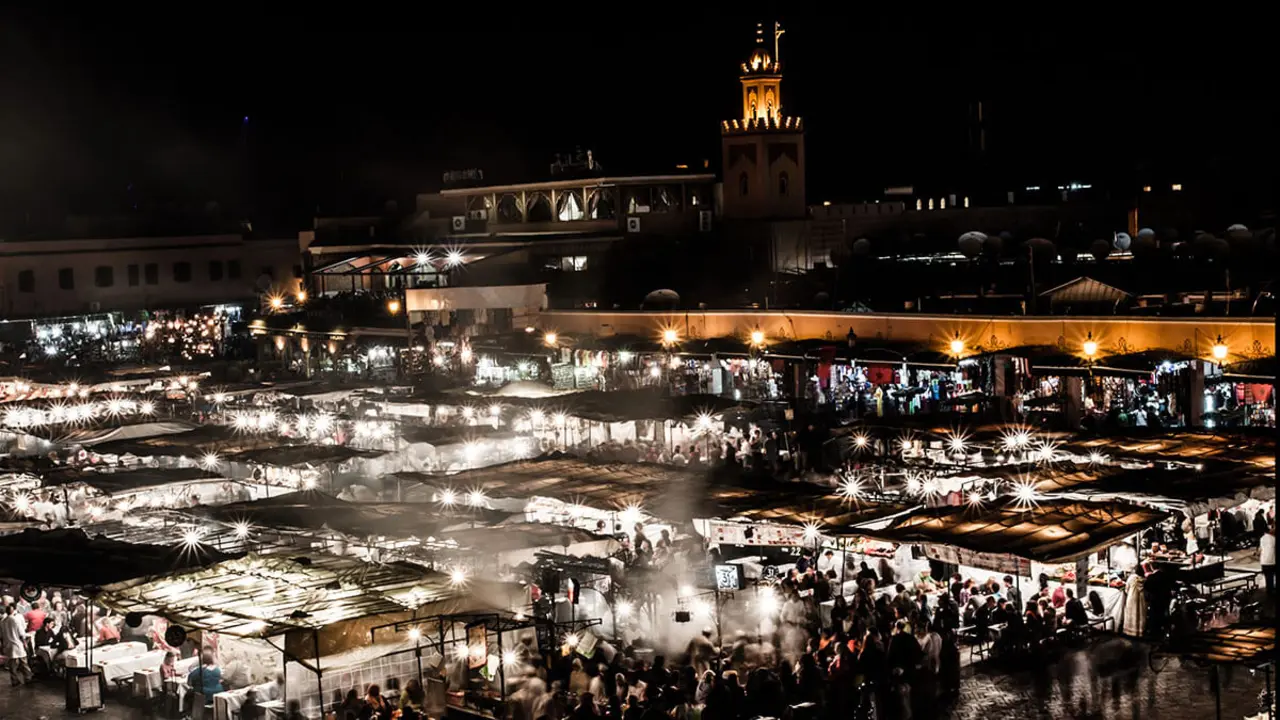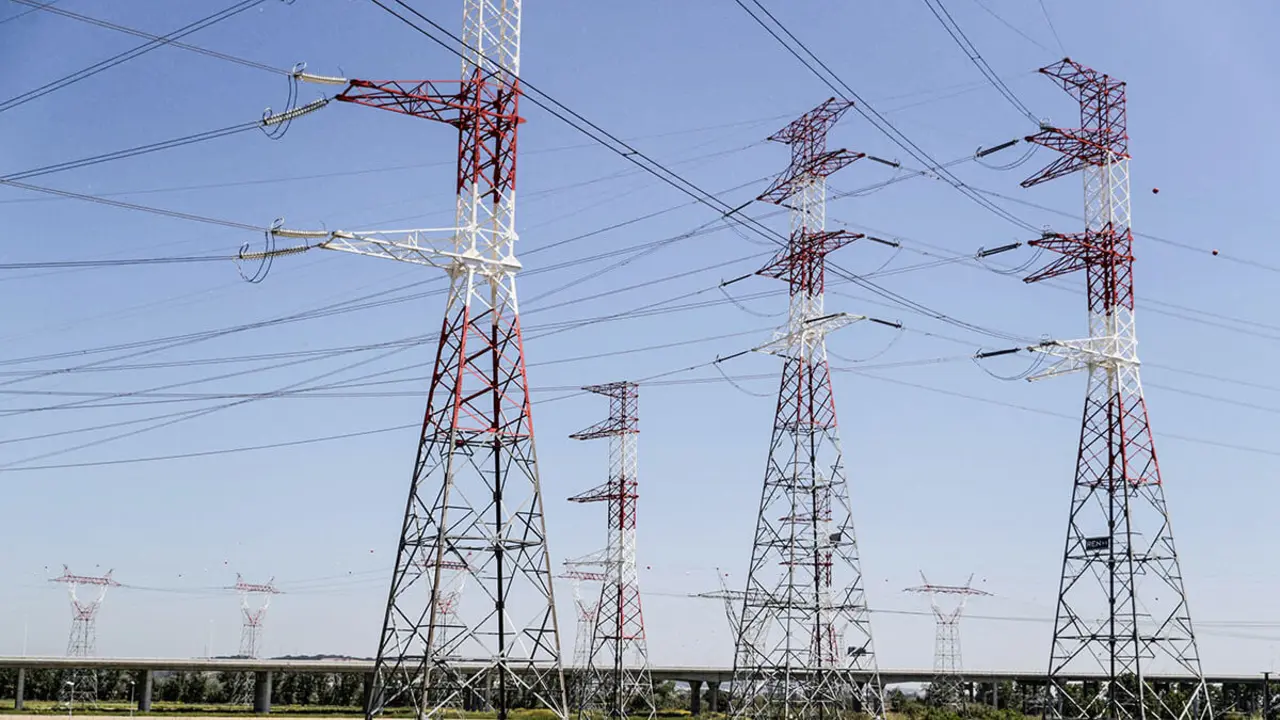Morocco's Consumer Price Index increased to 6.1% in 2023
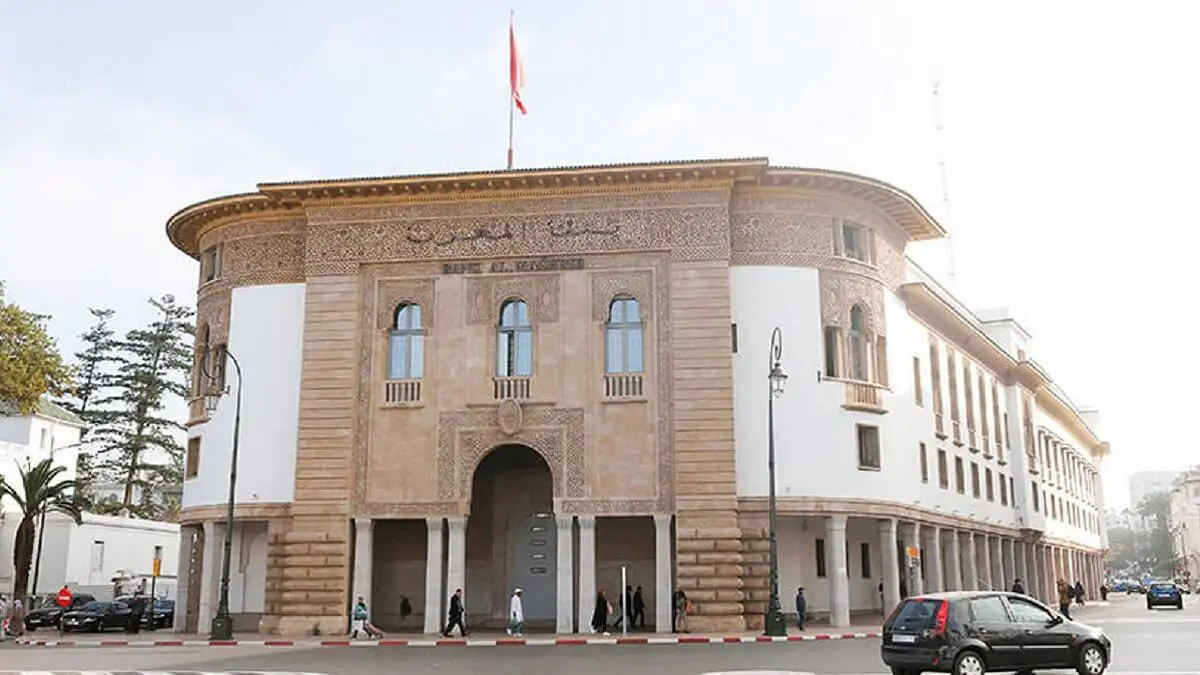
Morocco's economy suffers a rise in the Consumer Price Index (CPI) at the end of 2023, mainly due to the increase in food prices.
Despite the fall in the CPI, an index that tracks the average price of a basket of goods and services, the country's annual CPI remained unchanged at the end of December 2023, according to a new report by the High Commission (HCP). The CPI in December 2023 decreased by 0.1% from the previous month. This change is the result of a 0.2% decrease in the food index and a 0.1 per cent decrease in the non-food index.
Core inflation continues to reflect increases in the prices of everyday goods and services, excluding goods whose prices fluctuate, such as energy products. On an annual basis, core inflation rose to 5.9% by the end of 2023, almost three times the recommended rate for a healthy economy.
📌Note de #Conjoncture N° 322 du mois de Décembre 2023
— Ministère de l'Economie et des Finances (@financesmaroc) December 22, 2023
🔗 https://t.co/89XDzAZVCh pic.twitter.com/HXq5ENkndg
The HCP data show that CPI growth at the end of 2023 is due to a 12.5% increase in the price of food and a 1.7% increase in the price of services. The changes observed in non-food products ranged from 0.1% in the automobile sector to 5.7% in restaurants and hotels and catering.
The decline in food prices observed from November to December 2023 was mainly due to fish and seafood by 2.6%, fruits by 2.5%, vegetables by 1.5% and coffee, tea and cocoa by 0.1%. In contrast, meats increased by 1.6%, fats and oils and fats increased by 0.5% and milks, cheeses and eggs increased by 0.2%. The fall in non-food items was mainly due to fuel prices, which fell by 2.6%.
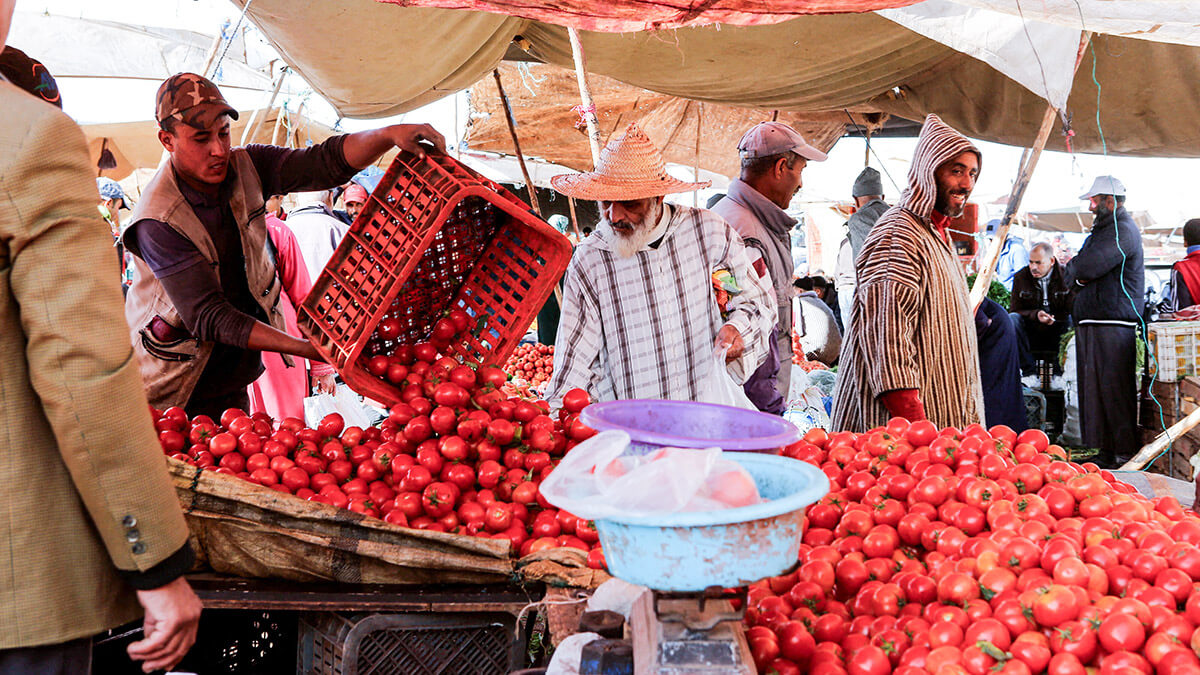
The increase in the CPI disproportionately affected several cities in Morocco, with the largest increases recorded in Al Hoceima, Beni-Mellal and Errachidia. The most significant annual increase in the CPI was recorded in Al Hoceima with 10.1%, followed by Beni Mellal with 8.8% and Errachidia with 8.0%.
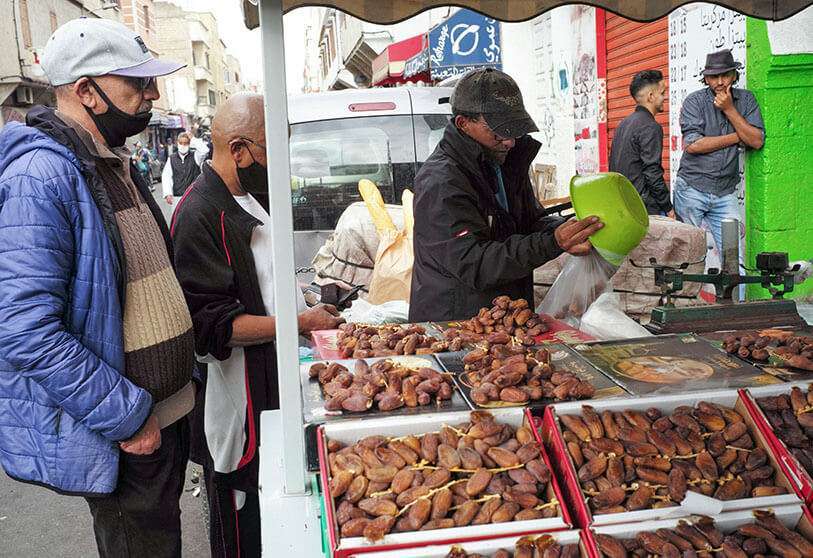
The list of cities with the highest CPI growth included Laayoune with 7.7%, Safi with 7.5%, Marrakech and Tetouan with 7.1%, Oujda with 7.0% and Fez with 6.8%. Moroccan agriculture continues to face water shortages that affect the country's food security, but it is unclear whether the issue of food prices will be resolved in the near future.



